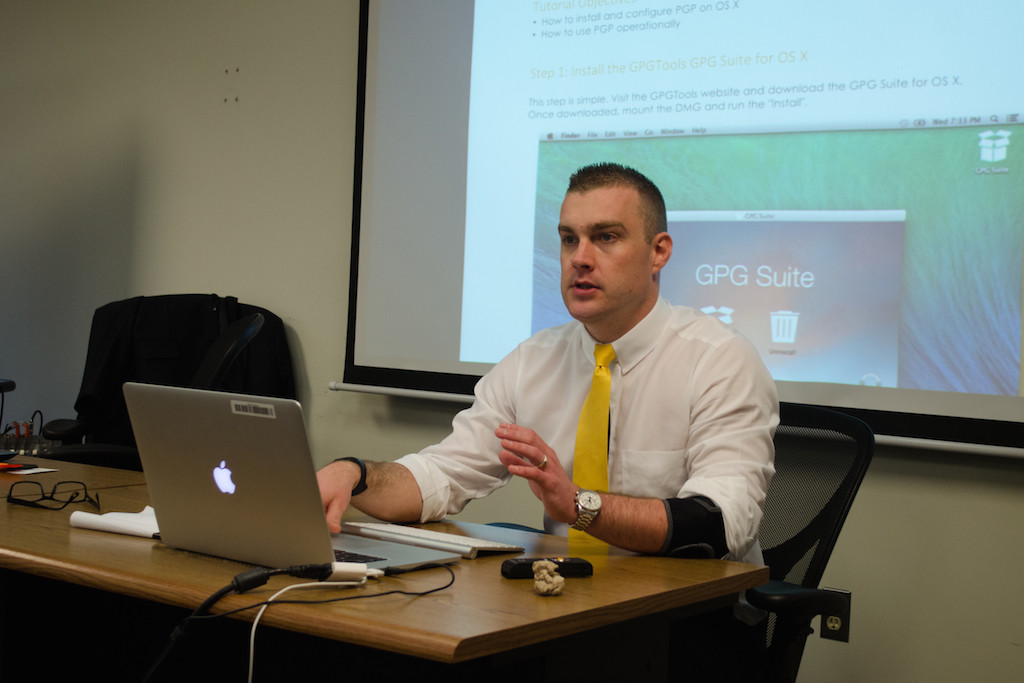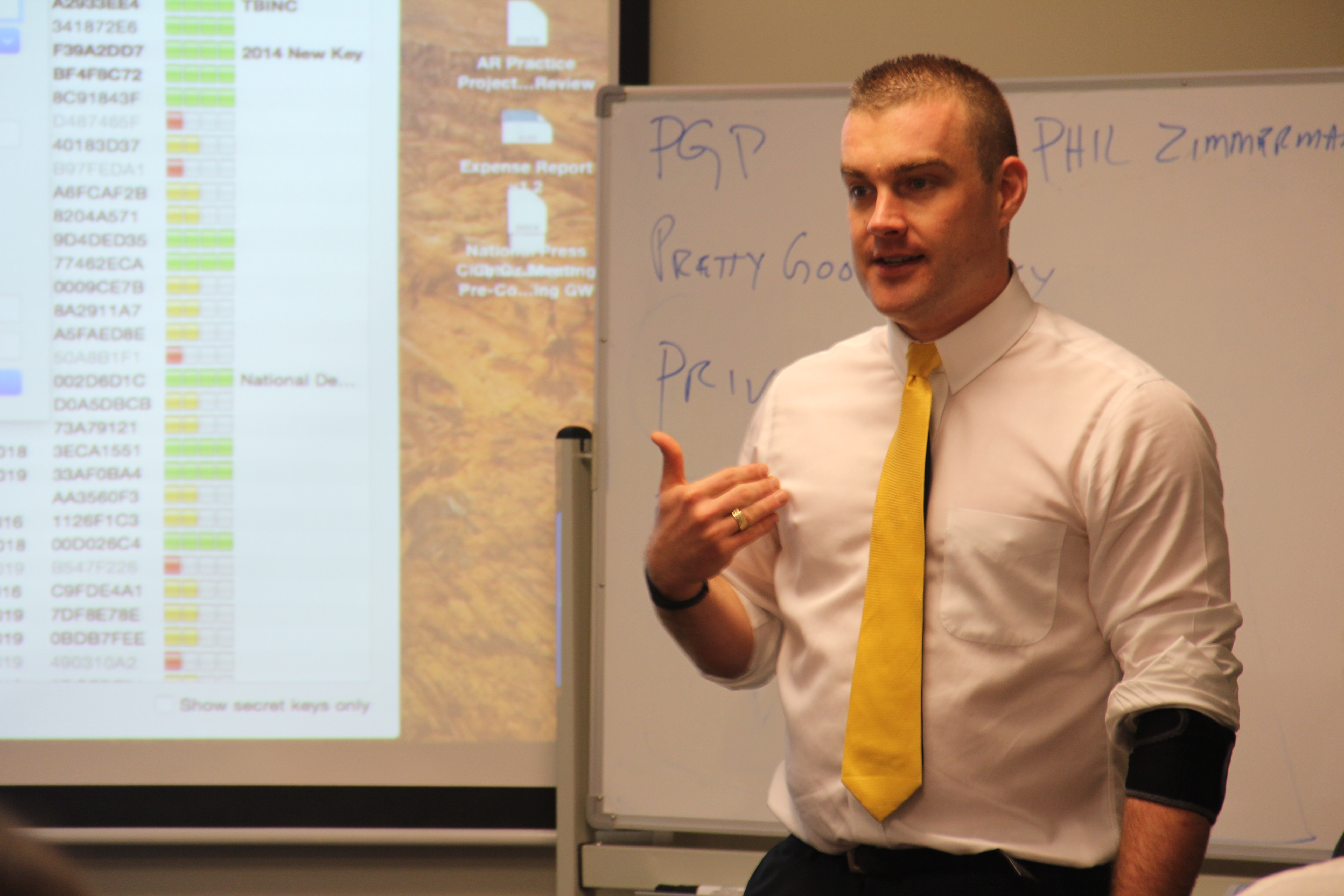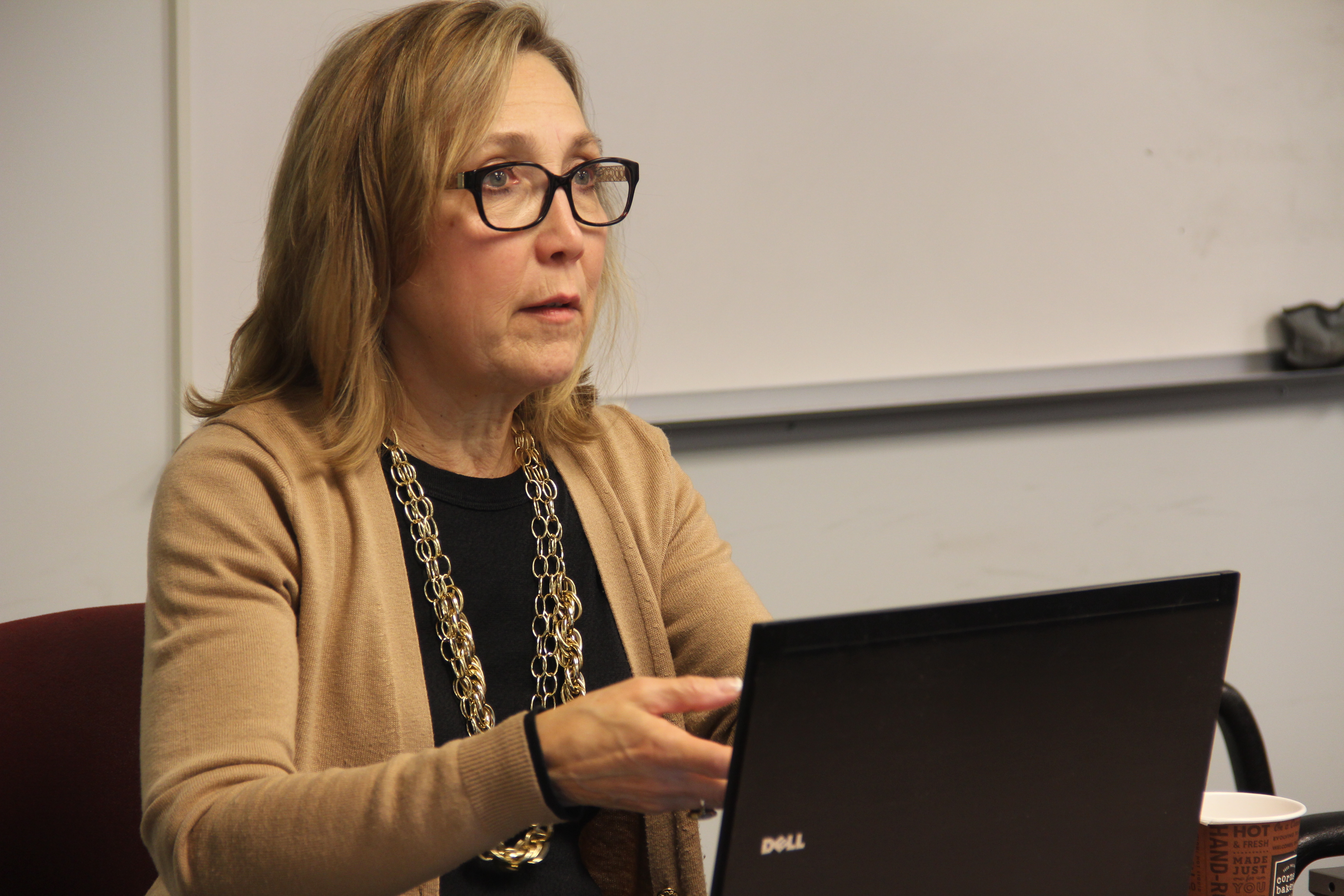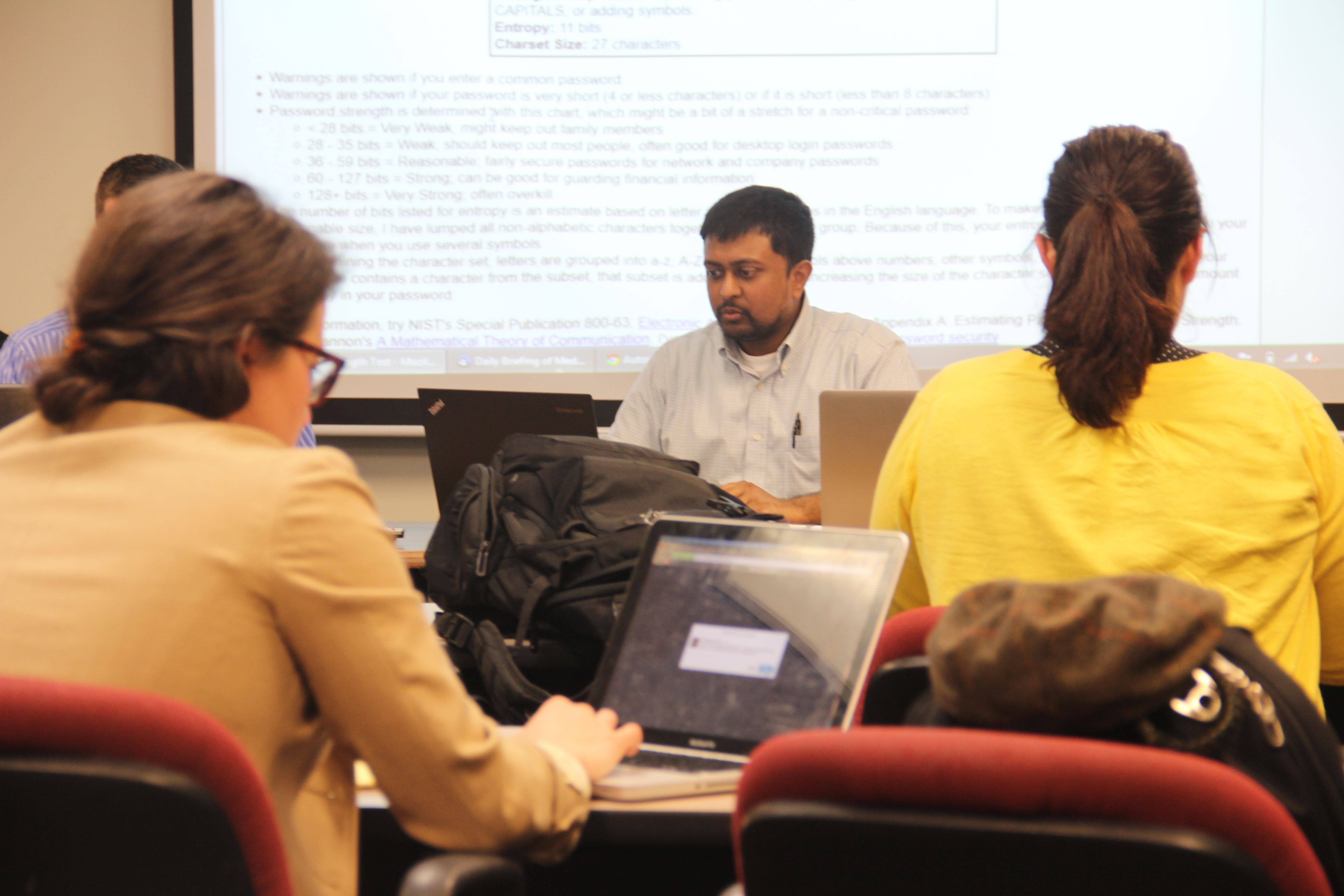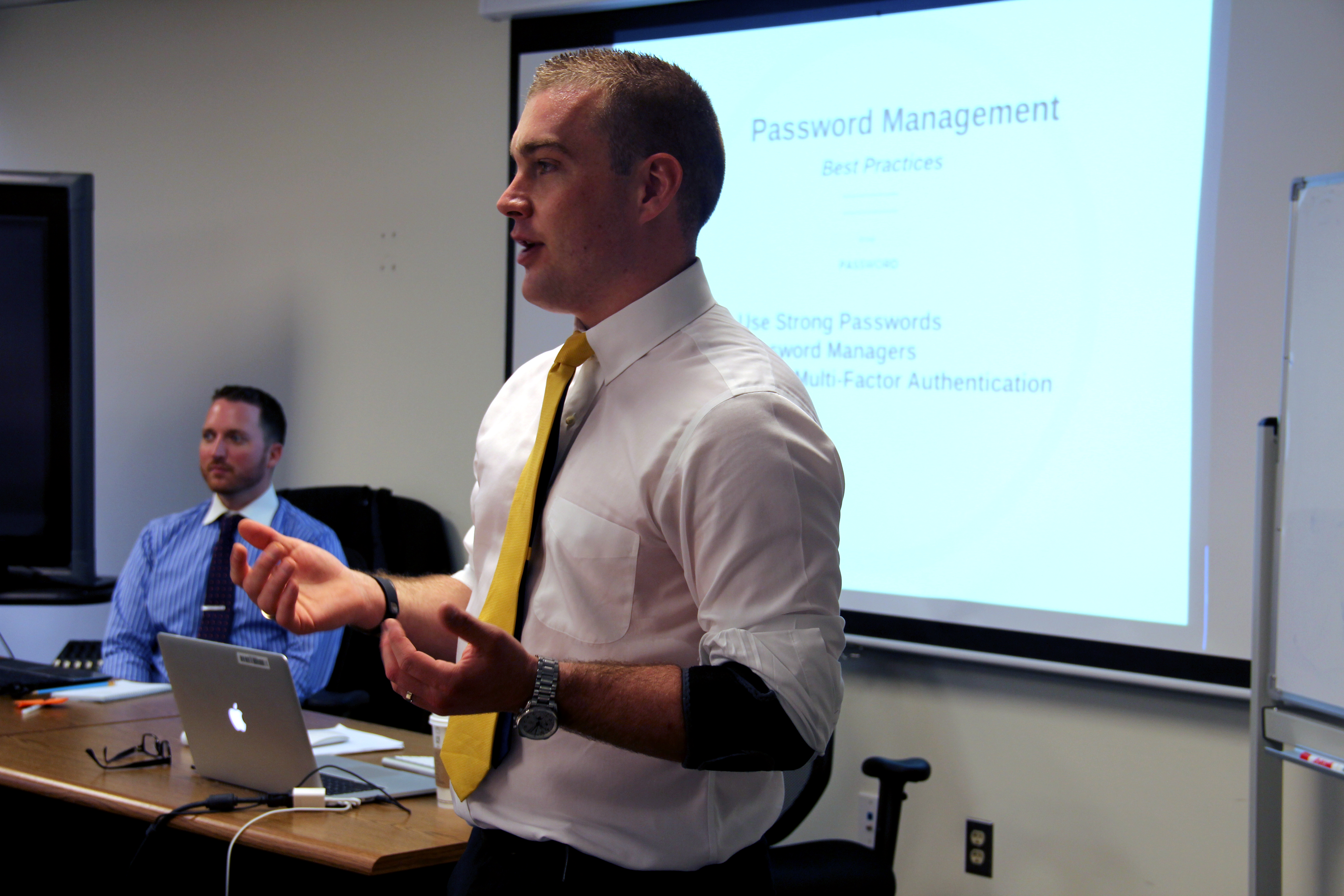Congratulations to all those who submitted their work to the MRE Journalism Contest. Below are the winners, and the judges’ comments.
The Joe Galloway Award
David Wood of Huffington Post for a powerful, fascinating, thoroughly reported, humanized and particularly well-written, well-produced three-part multimedia package examining the prevalence, complexity and impact of “moral injury” that plagues so many who have fought sought since 9/11. “Moral injury is a relatively new concept that seems to describe what many feel: a sense that their fundamental understanding of right and wrong has been violated, and the grief, numbness or guilt that often ensues,” Wood wrote in his introduction to the series. “However we individually feel about the U.S. wars in Iraq and Afghanistan, these enduring moral wounds, to young Americans who fought on our behalf, must be counted among the ultimate costs.”
The James Crawley Award
Lance Bacon, reporter; Andrew deGrandpre, digital news director; Alex Neill, executive editor of Military Times, for their investigation into whether a Marine Corps order that removed Marine Corps Times publications from prime locations at the front of base exchanges around the world was the result of reporting it was doing “detailing whistleblower allegations suggesting the service’s commandant, Gen. James Amos, abused his authority and interfered in several high-profile criminal cases.” The order was eventually rescinded and the papers returned to the prime locations, while further Military Times reporting “obtained and authenticated emails linking Amos to the newsstand move, raised troubling questions about the Marine Corps’ attempt to limit troops’ access to an independent news source.”
Overseas Large Newspapers Category: Betsy Hiel, Pittsburgh Tribune-Review
Pittsburgh Tribune-Review foreign correspondent Betsy Hiel filed a series of eye-opening, deeply reported stories from Iraq in 2014 detailing the people and conditions as ISIS swept toward Baghdad. One of the first Western reporters on the ground after ISIS invaded, she reported on Christians who found temporary refuge from ISIS in an ancient monastery before fleeing as the terrorist group advanced; she explained Kurdish soldiers’ belief that the next target of ISIS is the United States; and she shed light on the sectarian divisions that stand in the way of achieving peace in Iraq.
Overseas Small Newspapers Category: Drew Brooks, Fayetteville Observer
Drew Brooks’ detailed and emotionally stirring series of stories on the Green Berets from Fort Bragg who led the war effort in Afghanistan for 13 years provided an inside glimpse of the lives of Green Beret soldiers deployed to Afghanistan as well as an analysis of why they ended up in such a dominant role and the toll of large numbers of casualties.
Domestic Large Newspapers Category: Mike Wereschagin, Adam Smeltz and Carl Prine, Pittsburgh Tribune-Review
The two-part series by the Pittsburgh Tribune-Review disclosed that emails and documents obtained through a FOIA filed by the paper show that congressional testimony given by Veterans Affairs officials investigating a Legionnaires’ disease outbreak that left at least six dead in Pittsburgh was, at the least, obfuscatory and basically contradicted information in the private documents. The work is investigative reporting at its best.
Domestic Small Newspapers Category: This award is shared by Meghann Myers of the Navy Times and Hope Hodge Seck of the Marine Corps Times
Meghann Myers of Navy Times and Hope Hodge Seck of Marine Corps Times separately covered two aspects of a critical gender issues facing today’s military.
Meghann Myers revealed that some of the first women to serve in the submarine force were secretly filmed undressing by their shipmates. The Navy Times story, first reported online, drew immediate attention by Pentagon officials and created national attention. The commander of the submarine force condemned the tapings as a “breach of trust” and Myers pursued the story and its consequences not only for the sailors but also for the entire service.
Hope Hodge Seck wrote a more complex but equally important Marine Corp Times story about concern that the Marine Corps is under so much pressure to prosecute alleged sexual assaults that the accused are no longer innocent until proved guilty. Sensitive to the reality that sexual assault cases were too easily dismissed in the past, Seck wove actual legal cases with new policy initiatives to explain how the Marines are trying to deal with a significant problem.
Photographer Small Paper Category: Andrew Craft, Fayetteville Observer
Andrew Craft’s collection of domestic and overseas images give a sense of dimension, depth and flexibility as a visual storyteller. Entries included a well-composed, solemnly powerful image of a flag-draped casket being carried; a playful shot of an Army officer horsing around with his young sons before heading on a 9-month deployment and a wide landscape shot of a soldier standing guard over the rugged terrain in Kabul.
Commentary: Marketta Davis, Pensacola News Journal
Marketta Davis is a military brat and military wife whose Pensacola News Journal column, “Military notes,” has an authentic, all-in-the-family tone that is both engaging and enlightening. Writing on everything from stolen valor issues to a 100-year-old veteran reminiscing about World War II, Davis is open in sharing her reactions and feelings and then translating them into larger lessons about military life.
Domestic, Large Broadcast Category: ESPN
ESPN’s compelling Outside the Lines,“Friend Who Fired,” told the story of the Army Rangers involved in the fatal accident that killed Ranger and professional football player Pat Tillman. None of the Army Rangers who fired upon him spoke publicly about the episode until ESPN found Steven Elliott, who agreed to break the silence. William Weinbaum is the producer; Mike Fish and John Barr are the reporters.
Honorable mention: Chas Henry’s “Almost Equal: The U. S Military Three Years After Don’t Ask, Don’t Tell” at 99.1 WNEW radio.
Online Reporting: Jeremy Schwartz, Austin-American Statesman
Jeremy Schwartz’ “Lost Opportunity” explores the “failure of good intentions” surrounding an expensive, powerful mobile MRI that was believed to be among the most powerful in the world and was planned to scan the brains of troops before, and after, combat, as part of overall traumatic brain injury and post traumatic stress syndrome research by the Veterans Administration as part of its $2 billion in yearly research spending. A “fiasco” is what it proved to be, leading to an “inglorious decline” that included no appreciable research, few actual scans, a chronic lack of technical expertise and a key fatal flaw: moving what was to be a portable machine meant for several bases and hospitals required expensive re-calibration after each move, so it stayed put. Now, “The scanner idles 24 hours a day because it’s more expensive to turn an MRI machine off and on than to keep it running.” One use suggested for the unit that houses it: Housing for lab rats. The online package is crisp, well-written and illustrated and nicely designed with intuitive navigation and flow. Given the topic, it could well have been deadly dull and bureaucratic, but was not in the least; instead, it was driven by good context, insight, perspective and tight writing.
Blogging: Beth Ford Roth, Home Post
Beth Ford Roth’s “Home Post” blog entry included a diverse and interesting collection of posts, ranging from whether Marines should be able to roll up their sleeves (wives, the blog says, find this sexy; the Marines declared it is OK again to roll them up); an essay from a dad whose sailor son was lost as sea; and a post about famous people who fought on D-Day.

